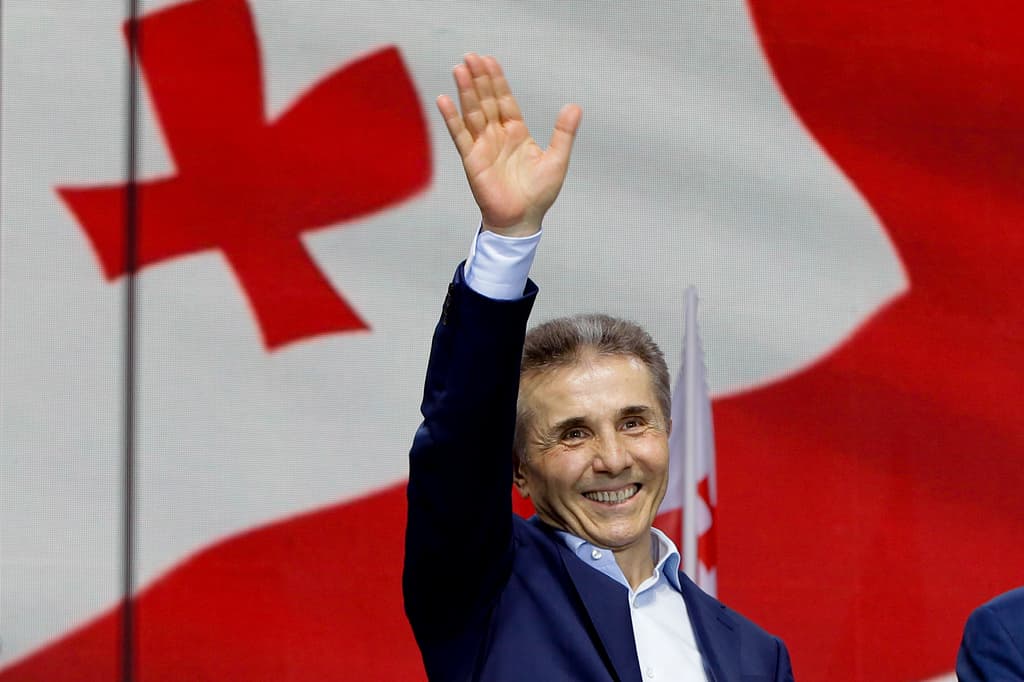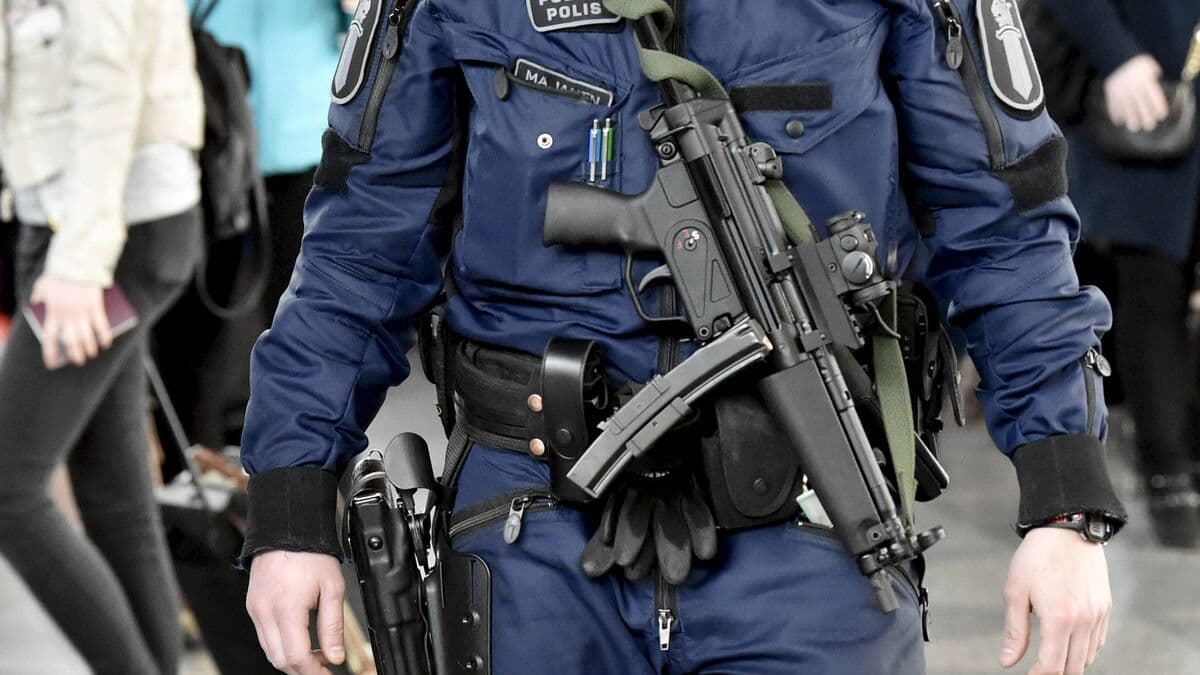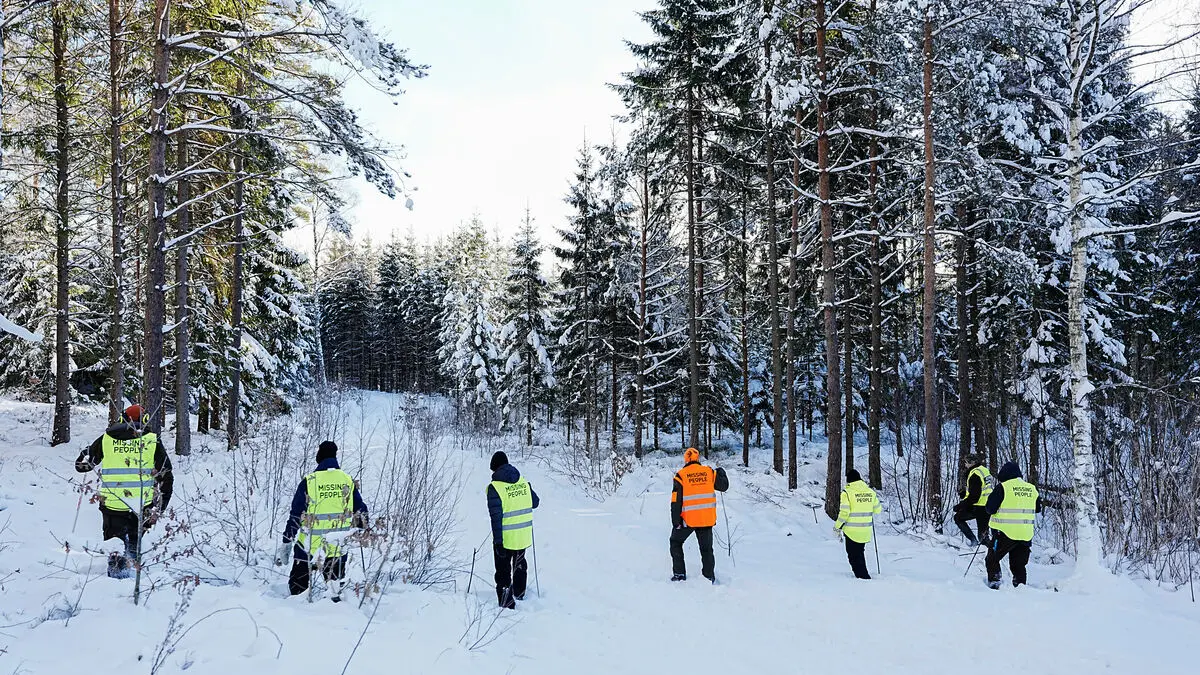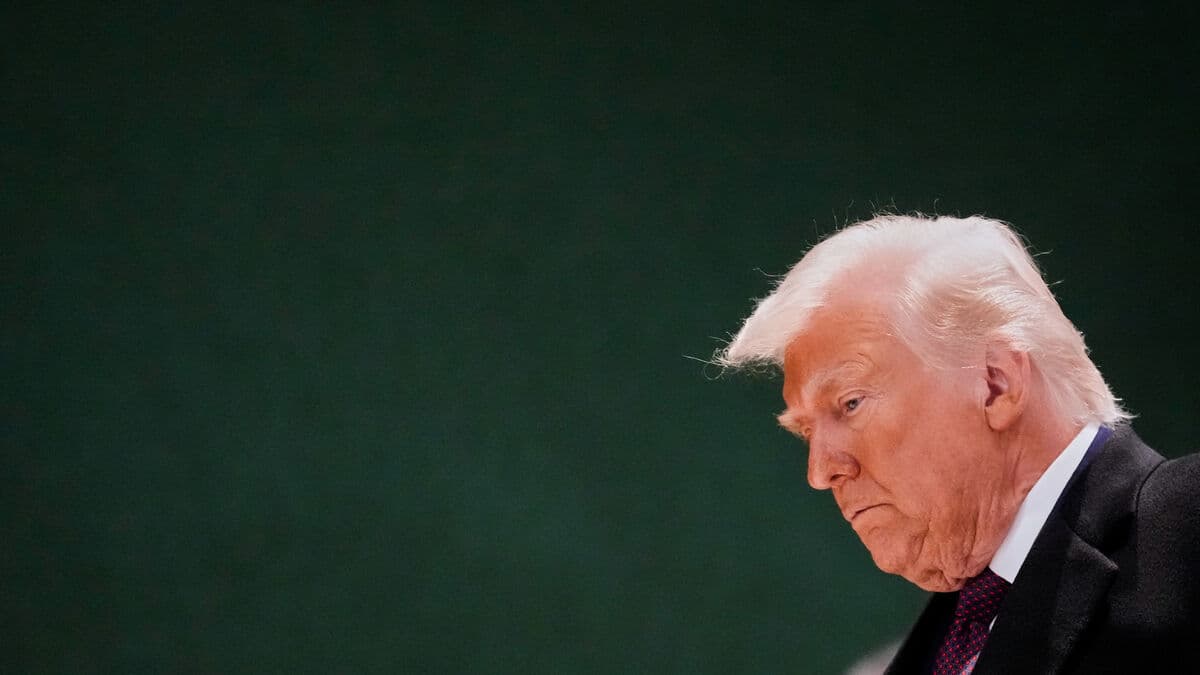If the Georgian Dream party receives renewed trust in the autumn elections and, in addition, a much larger majority, the party will ensure that the United National Movement is outlawed.
This is absolutely necessary to "improve the political system" and for Georgia to remain safe, writes the ruling party in a statement of intent on social media.
"With a constitutional majority, we will initiate a legal process that will lead to the United National Movement and all its satellites and successors being declared unconstitutional."
The United National Movement is the controversial former President Mikheil Saakashvili's party and one of six more Western-oriented parties that have formed an alliance ahead of the election.
Needs to grow a lot
To be able to rewrite the constitution in this way, a majority of at least 113 of the 150 mandates in the parliament in Tbilisi is required.
If the Georgian Dream party gets that mandate, it will also legislate against "pseudo-liberal ideologies" and severely restrict the rights of LGBTQ+ individuals.
The government introduced a highly controversial so-called agent law in the spring, similar to one previously introduced in Russia, and thereby put a major obstacle on the path to EU membership. The bill triggered several large-scale popular protests.
"Pragmatic" relationship
Russia has controlled two parts of Georgia, Abkhazia and South Ossetia, in practice since a short war in 2008.
The Georgian Dream party claims that the opposition with foreign support wants to drag Georgia into a new war.
Instead, the ruling party says it wants to restore the country's territorial integrity peacefully, so that it "matches a new reality". It is not clear how this will be achieved, but the party and its billionaire leader Bidzina Ivanishvili have been lobbying for a "pragmatic" relationship with the large neighbor to the north for some time.
The parliamentary election will be held on October 26.
Georgia's so-called agent legislation came into force on June 3, after months of popular protests. The law means that organizations that receive more than one-fifth of their funding from abroad must register with the authorities as organizations working on behalf of a foreign power.
The law raises questions about press freedom, aid from, among others, Sweden, and the law itself, which appears to be modeled after a Russian law used to restrict civil society and regime criticism.
The government motivates this by saying that greater transparency is needed in certain financial flows to the country.
Georgia has recently become a candidate for EU membership, but the new law is deemed to go against several fundamental criteria for the country to become a full member.
A few opinion polls conducted in recent years have shown that a large majority of Georgia's population wants the country to join the EU.






